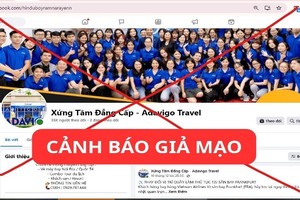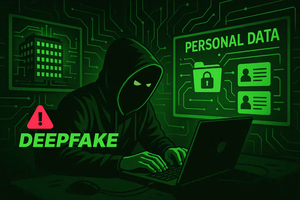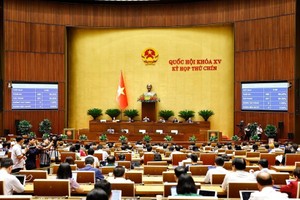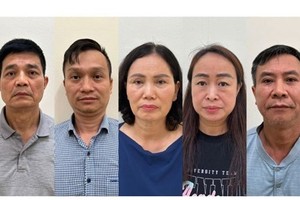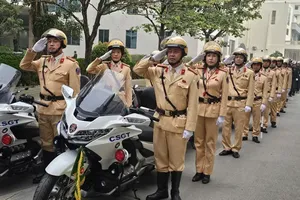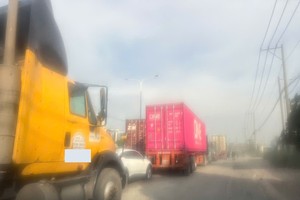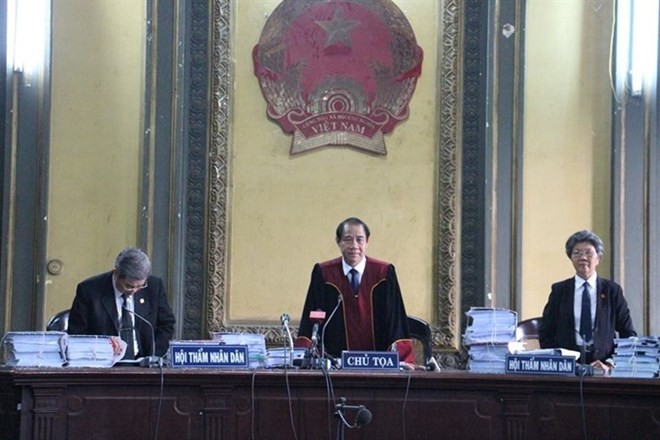
The court said on October 29 that the trial would resume on November 22 after more evidence is collected.
“Cuu Long company, which assessed the losses suffered by Vinasun, was not represented in court and many details need to be clarified.”
It explained that defining the losses would be very important and affect the entire trial.
Vinasun, once a dominant player in the southern taxi market, has seen its market share gradually taken away by Uber and Grab since 2016. Some 2,700 of its taxis are idle because of unfair competition, it has claimed.
Grab, which recently acquired Uber in Vietnam, continues to grow in popularity, especially since the number of smartphone users in the country is rising.
Vinasun claimed the “illegal” operations of Grab in Vietnam were to blame for a fall in its revenues by 41.2 billion VND (1.75 million USD) in 2016 and 2017.
A Vinasun spokesperson said his company had based its complaint on the Trade Law and Government’s Decree 37 issued in 2006, which clearly states that the duration of total promotions in a year must not exceed 90 days and each promotion programme should not last beyond 40 days.
Exploiting the lack of clear regulations for software-based transport services, Grab offered “rampant” promotion deals and discounts, including “zero fee” trips, which was similar to dumping of manufactured goods, he said.
According to a survey done by market research company Quoc Viet, 74 percent of Vinasun customers have already moved to Grab due to low fares and frequent promotions.
Vinasun said while it needs to comply with 13 regulations, Grab has to follow only three, creating unfair competition.
According to a report from the Ministry of Finance, in the 2014-2017 period, Grab announced losses of more than 1.7 trillion VND (74 million USD) while its registered capital was only 20 billion VND (870,000 USD).
The HCM City People’s Procuracy said there is enough evidence to prove that Grab is a taxi company, and it has violated multiple transport regulations and the Enterprise Law.
Jerry Lim, Grab’s CEO in Vietnam, said the procuracy had no business putting a label to company. Earlier, he had written to Prime Minister Nguyen Xuan Phuc.
There was a large crowd of drivers from Vinasun and Mai Linh, another well-known taxi company, outside the court on Monday, anxious to know the outcome of the suit.
The public has wondered, in the event Grab is penalised, what would happen to other online businesses like Airbnb in Vietnam.
This was the third adjournment since the lawsuit was first heard last February.
“Cuu Long company, which assessed the losses suffered by Vinasun, was not represented in court and many details need to be clarified.”
It explained that defining the losses would be very important and affect the entire trial.
Vinasun, once a dominant player in the southern taxi market, has seen its market share gradually taken away by Uber and Grab since 2016. Some 2,700 of its taxis are idle because of unfair competition, it has claimed.
Grab, which recently acquired Uber in Vietnam, continues to grow in popularity, especially since the number of smartphone users in the country is rising.
Vinasun claimed the “illegal” operations of Grab in Vietnam were to blame for a fall in its revenues by 41.2 billion VND (1.75 million USD) in 2016 and 2017.
A Vinasun spokesperson said his company had based its complaint on the Trade Law and Government’s Decree 37 issued in 2006, which clearly states that the duration of total promotions in a year must not exceed 90 days and each promotion programme should not last beyond 40 days.
Exploiting the lack of clear regulations for software-based transport services, Grab offered “rampant” promotion deals and discounts, including “zero fee” trips, which was similar to dumping of manufactured goods, he said.
According to a survey done by market research company Quoc Viet, 74 percent of Vinasun customers have already moved to Grab due to low fares and frequent promotions.
Vinasun said while it needs to comply with 13 regulations, Grab has to follow only three, creating unfair competition.
According to a report from the Ministry of Finance, in the 2014-2017 period, Grab announced losses of more than 1.7 trillion VND (74 million USD) while its registered capital was only 20 billion VND (870,000 USD).
The HCM City People’s Procuracy said there is enough evidence to prove that Grab is a taxi company, and it has violated multiple transport regulations and the Enterprise Law.
Jerry Lim, Grab’s CEO in Vietnam, said the procuracy had no business putting a label to company. Earlier, he had written to Prime Minister Nguyen Xuan Phuc.
There was a large crowd of drivers from Vinasun and Mai Linh, another well-known taxi company, outside the court on Monday, anxious to know the outcome of the suit.
The public has wondered, in the event Grab is penalised, what would happen to other online businesses like Airbnb in Vietnam.
This was the third adjournment since the lawsuit was first heard last February.


